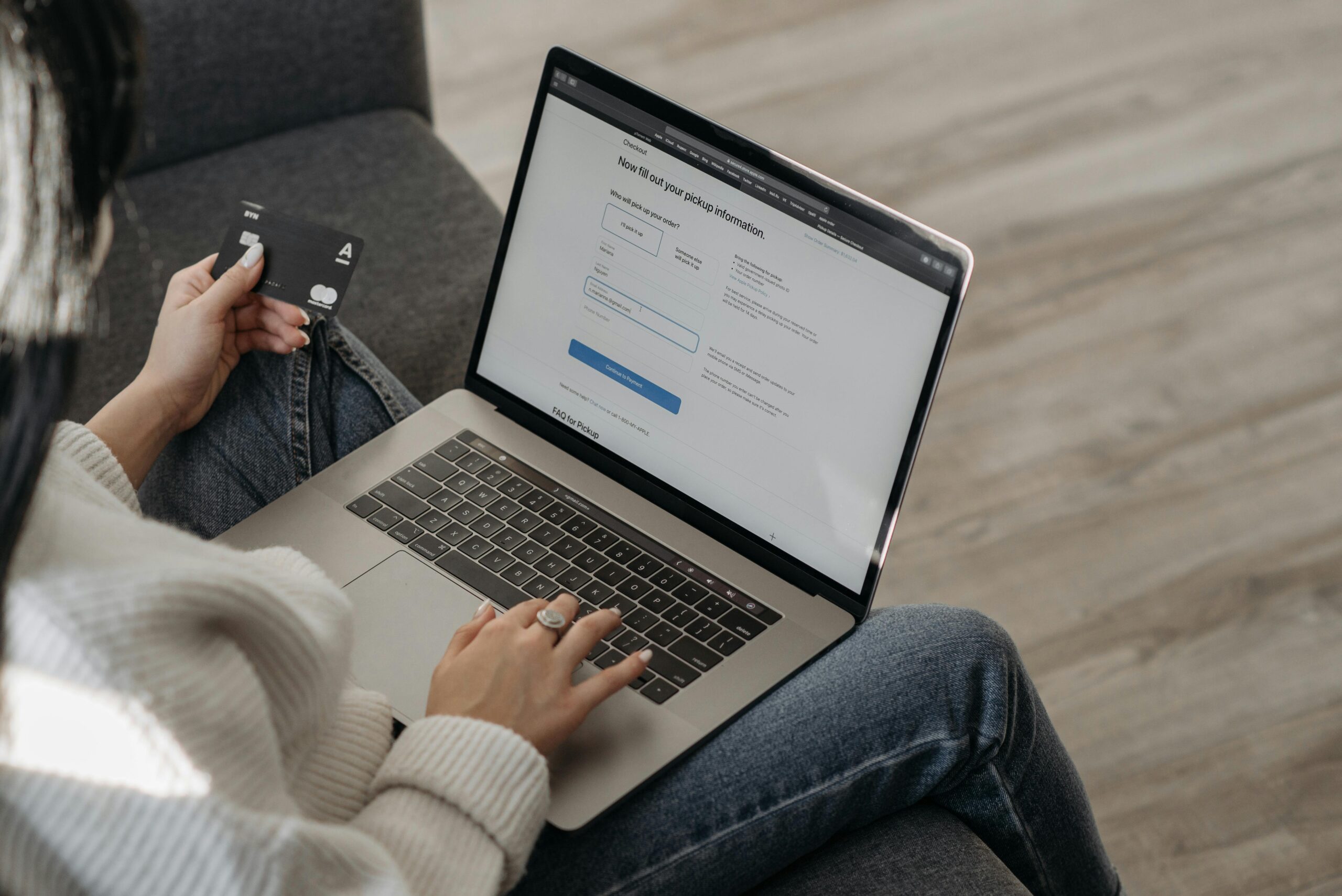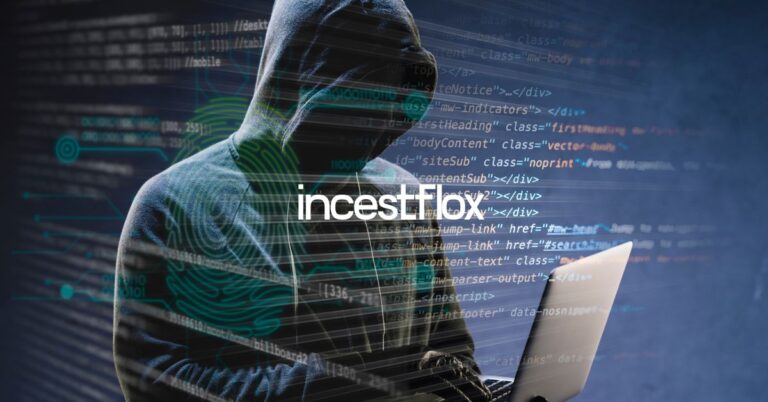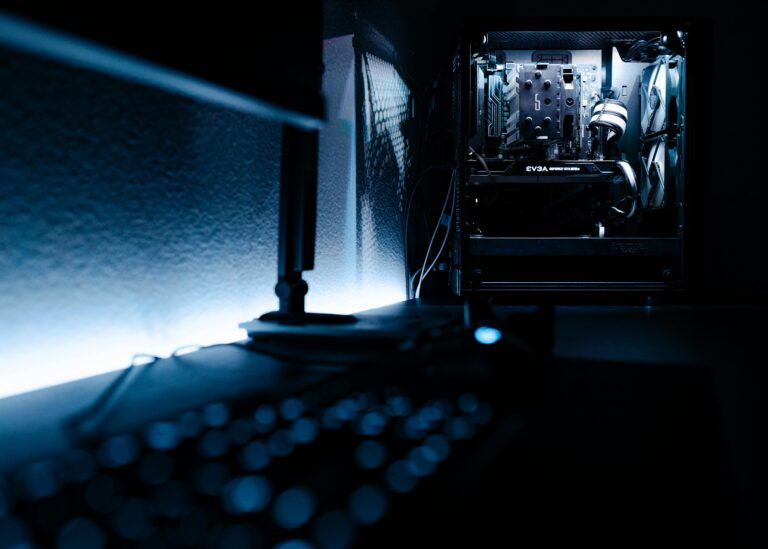185.63.263.20: The Hidden Cyber Threat and Smart Ways to Secure Your Digital World
Introduction
In today’s connected era, every click leaves a digital footprint — and every IP address tells a story. One IP that’s recently caught the eye of cybersecurity experts is 185.63.263.20. While it looks like a random number, this IP address has been linked to suspicious or potentially harmful online activity.
But what does that really mean for you? And how can you stay safe?
This guide breaks down everything about 185.63.263.20, explaining its risks, implications, and — most importantly — how to protect yourself and your business from possible cyber threats.
What Is an IP Address and Why It Matters
An IP address (Internet Protocol address) is a digital identifier assigned to every device that connects to the internet. It’s like your home address — it tells online systems where to send and receive data.
There are two main types:
-
IPv4: Traditional format with four sets of numbers (e.g., 192.168.1.1).
-
IPv6: A newer, longer version combining numbers and letters for expanded capacity.
IP addresses are essential for browsing, emails, file transfers, and streaming. However, they also make users traceable and vulnerable to potential tracking or attacks if misused.
The Story Behind 185.63.263.20
The IP 185.63.263.20 has raised attention across various cybersecurity networks. According to threat analysis platforms, it has been flagged in connection with suspicious online activities such as phishing attempts, botnets, and spam campaigns.
This doesn’t necessarily mean every interaction with it is harmful — but it does indicate potential risk if the IP appears in your logs or browsing data.
Researchers warn that IPs like this may be used as proxies or temporary relay points by hackers to mask their real locations during cyberattacks.
Security Threats Linked to 185.63.263.20
Here are the most common risks associated with this IP:
1. Phishing and Data Theft
Attackers may use servers connected to 185.63.263.20 to host fake websites that mimic legitimate platforms. When users enter login details, they unknowingly send credentials directly to hackers.
2. Malware Distribution
This IP has been reportedly used to spread malicious files, often disguised as software updates or attachments. Once installed, malware can steal personal information or hijack system resources.
3. Botnet Activity
Botnets are networks of infected computers used for large-scale cyberattacks. Some of these networks have been traced back to IPs similar to 185.63.263.20, meaning compromised systems may unknowingly help launch attacks.
4. DDoS Attacks
185.63.263.20 may be part of Distributed Denial-of-Service (DDoS) attacks, which flood targeted servers with traffic to cause slowdowns or crashes — affecting websites and services globally.
5. Network Scanning and Exploitation
Hackers often scan IP ranges like this to find weak or unprotected systems that they can exploit for future attacks or data breaches.
How These Threats Affect You
The consequences of interacting with or being targeted by malicious IPs such as 185.63.263.20 can be severe:
-
Identity Theft: Personal and financial data could be stolen.
-
Device Hijacking: Hackers can take control of vulnerable computers.
-
Financial Loss: Businesses face downtime and expensive damage recovery.
-
Privacy Breach: Tracking tools can monitor your online behavior.
-
Reputation Damage: If your system becomes part of a botnet, it can harm your credibility.
Understanding these outcomes highlights the importance of strong cybersecurity hygiene.
How to Protect Yourself from IP-Based Threats
Protecting your device or network from the risks associated with IPs like 185.63.263.20 requires consistent security habits. Follow these essential steps:
1. Use a Reliable Antivirus and Anti-Malware Tool
Install a trusted security program that can detect suspicious connections and quarantine malicious files before they cause harm.
2. Update Software Regularly
Many attacks succeed by exploiting outdated systems. Enable automatic updates for your OS, browsers, and security software.
3. Activate a Firewall
A firewall acts as a gatekeeper, blocking traffic from known malicious IPs like 185.63.263.20 and preventing unauthorized access to your network.
4. Use a VPN (Virtual Private Network)
A VPN masks your real IP address, adding a layer of anonymity and encryption that helps protect you from being tracked or targeted.
5. Be Careful with Unknown Links
Avoid clicking suspicious links or downloading attachments from unfamiliar sources — these are common phishing tactics tied to malicious IPs.
6. Monitor Network Activity
Use IP monitoring tools to detect unexpected traffic spikes or unknown IP connections. Quick detection can prevent further damage.
Why Monitoring IP Addresses Is Essential
Regularly monitoring IP addresses — especially those interacting with your system — can help identify threats early.
Benefits include:
-
Early Warning Signs: Spot unusual behavior before it escalates.
-
Prevent Data Breaches: Identify unauthorized access attempts quickly.
-
Improve Network Health: Reduce lag or instability caused by suspicious traffic.
-
Enhance Security Awareness: Educate team members or family about safe online behavior.
Cybersecurity isn’t a one-time task — it’s a continuous process that keeps your digital life safe from evolving threats.
Conclusion
The IP address 185.63.263.20 serves as a reminder that not all online connections are safe. What seems like a harmless set of numbers can be a gateway to serious cyber threats.
By adopting preventive measures like VPNs, regular software updates, and active IP monitoring, you can shield your systems from exposure.
In the digital age, awareness is your strongest defense. Stay informed, stay secure, and always think before you click.
Frequently Asked Questions (FAQ)
Q1. Is 185.63.263.20 a dangerous IP address?
It has been flagged for suspicious activity, meaning it could pose risks like phishing or malware distribution. Exercise caution when encountering it.
Q2. What should I do if my network logs show 185.63.263.20?
Immediately block the IP in your firewall, run a malware scan, and monitor for further suspicious activity.
Q3. Can using a VPN protect me from malicious IPs?
Yes, a VPN hides your real IP and encrypts traffic, reducing the chances of being directly targeted.
Q4. How can I check if an IP address is safe?
You can use online threat intelligence tools like AbuseIPDB or VirusTotal to see if an IP is blacklisted or flagged.
Q5. Why do hackers use IP addresses like 185.63.263.20?
Hackers use such IPs to mask their real identity, host malicious files, or conduct large-scale network attacks.







